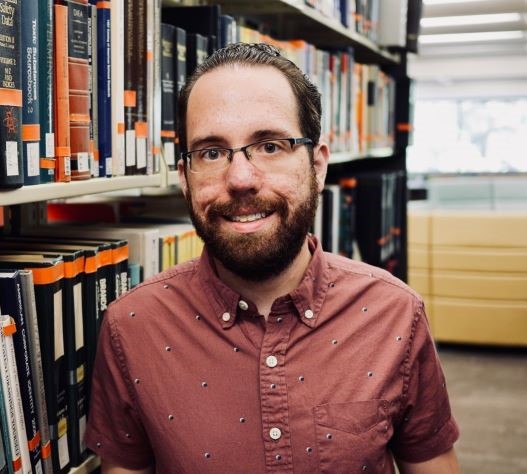| By Dr. Nick Ruhs |
Dissertation defenses and candidacy examinations are two of the most mentally taxing events for students working toward their Ph.D. Countless hours are spent making sure the research is presented thoroughly and correctly, all of the figures and tables look perfect, the proposal is sound, and that previous research has been adequately attributed. This doesn’t even include all of the logistical headaches that go into scheduling the defense or examination and making sure all members of the committee are committed. However, one task can easily be forgotten or overlooked when preparing for these events—reviewing your basic knowledge in the discipline.
Keep in mind—in addition to a presentation and discussion of your work, a dissertation or thesis defense is a test of all the knowledge you have accumulated in your respective discipline up until this point. The committee is bound to ask you (on the spot) to draw the mechanism of a reaction you learned in sophomore organic chemistry, calculate the pKa of an acid-base reaction, or explain the basics of Michaelis—Menten kinetics. Spending a significant portion of your preparation time leading up to these events brushing up on knowledge you may have learned years ago is key to demonstrating that you are well-rounded and deserving of that Ph.D.
However, curling up with a stack of dry textbooks or research publications and reading page after page will become monotonous very quickly and may even impair the uptake of crucial pieces of information that you are trying to recommit to memory. One way in which to reengage with scientific material in a way that promotes learning (and is often less tedious!) is to take advantage of active learning resources.
In the age of the internet and digital information, there exists a plethora of tools that allow one to engage with the concepts and materials in a specific discipline or topic. Some are also interdisciplinary and beneficial to students at all ends of the academic spectrum. Many allow users to complete activities and quizzes or interact with concepts in three dimensions or virtual reality. Interestingly, while many of these tools are designed for students in introductory science courses, they are by no means limited to those users. Furthermore, since a large portion of Ph.D. research is spent on a specific topic in a specific sub-genre of a discipline, the concepts one learns their freshman or sophomore year are often forgotten or taken for granted. Thus, graduate students working toward their Ph.D. can find using these tools to review basic concepts extremely useful.
Access to many of these tools is provided freely to students and faculty through your friendly local academic library. Your subject librarian or resource librarian would be more than happy to help you research these tools and decide which one is the best for your learning needs. Many have also developed library guides for the departments or disciplines they work with. Within these guides are links to resources that are valuable to their department’s research and teaching needs, which in many cases involves these active learning tools.
A (nonexhaustive) list of software and tools that Ph.D. students would likely find of use when reviewing for a Ph.D. defense or candidacy examination is below. (Note: This list isn’t sorted by discipline.)
Gale Interactive: ChemistryGale Interactive: Human Anatomy
PhET Interactive Simulations
Molecular Workbench
Learn.Genetics
Annenberg Learner
ChemCollective
Meet the Author
Dr. Nick Ruhs is currently a STEM research and learning librarian at Florida State University (FSU). He is a subject librarian for the Chemistry, Biological Sciences, Physics, Statistics, Mathematics, Computer Science, and Scientific Computing departments. He is also the STEM data librarian and works closely with faculty and students on topics related to research data management and data literacy. Prior to joining FSU Libraries in January 2018, Nick earned a Doctor of Philosophy (Ph.D.) in chemistry from Washington University in St. Louis in 2017. Prior to that, he received a Bachelor of Science in chemistry with a minor in mathematics from Quincy University in 2011. His current research interests include research data services, open science, and data information literacy for undergraduate and graduate students.


